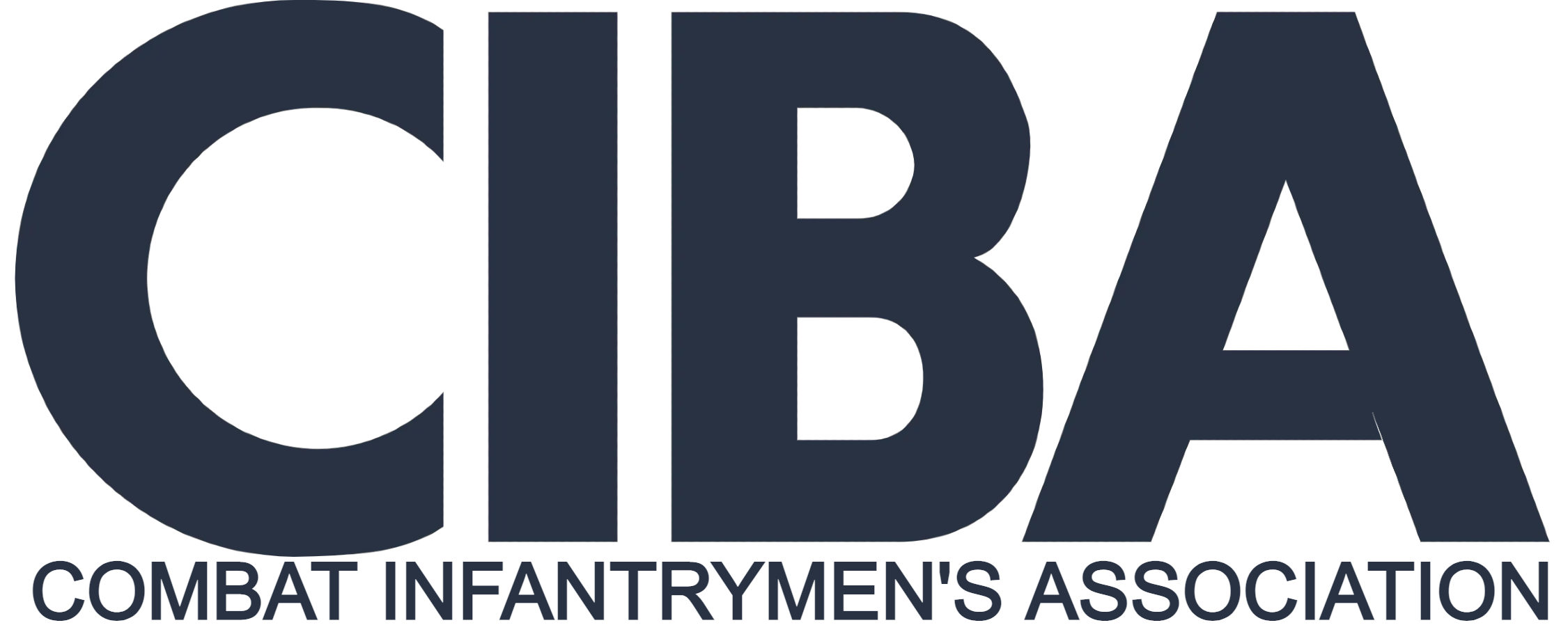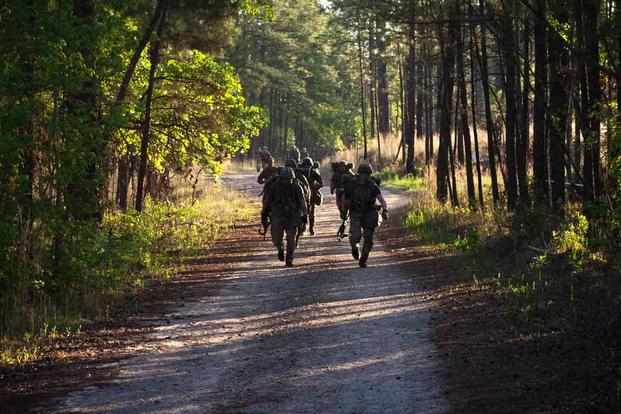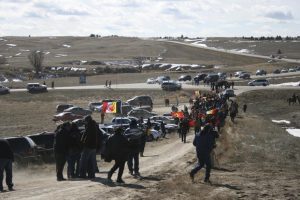After the alleged sexual harassment and gruesome slaying of Spc. Vanessa Guillén in 2020, Army leaders pledged to create a culture that protects the service’s junior troops — particularly women in the ranks. But four years later, it may still be struggling to understand the scope of the problem.
A report from the Pentagon’s inspector general released Wednesday found that soldiers are still reluctant to report sexual harassment and other abuse. Between January 2021 and January 2023, 4,600 soldiers reported sexual harassment behaviors in their units in anonymous command climate surveys — out of 27,000 total responses. Of that group, only 73 sexual harassment complaints were actually made.
Guillén’s murder at Texas’ Fort Cavazos, then named Fort Hood, and the subsequent national outcry served as a reckoning for the Army. Found two months after her disappearance, Guillen’s body had been dismembered and burned, and authorities alleged she had been sexually harassed before being murdered by a male soldier, who died by suicide. His girlfriend, who helped dispose of the body, was sentenced to 30 years in prison in August.
Read Next: VA’s PACT Act Management Could Use Lessons from 9/11 First Responders Legislation, Rand Says
An independent review of the base after her death, colloquially referred to as “The Fort Hood Report,” found systemic issues with leadership and commanders allowing an out-of-control culture of sexual harassment, bullying and other abuse. Junior troops, particularly women, were found to have lived in a culture of fear and, whenever they did bring up issues, they were commonly ostracized and re-victimized.
The Pentagon inspector general, in its new report, found that the Army may have limited insight into whether similar issues exist — or have been resolved — due to poor handling and tracking of the anonymous command climate surveys. Those surveys capture snapshots of issues facing soldiers, such as sexual harassment, that can be compared to formal complaints.
“If the Army does not review and analyze inconsistencies between the [survey] results on sexually harassing behaviors and the number of sexual harassment complaints, then it may miss opportunities to identify possible barriers to reporting, including confusion with the sexual harassment reporting process,” the report found. “The barriers could lead to soldiers under‑reporting.”
The surveys are tools for commanders to receive anonymous feedback from their soldiers, and the Army units reviewed by the inspector general had systemic issues maintaining the critical data. Brigades did not compare command climate survey results from previous years or have any systems in place to identify results, according to the IG.
Instead, the investigators found that individual results were effectively viewed in a vacuum. In some cases, previous surveys were lost — despite regulations saying units must maintain records for at least five years.
“As a result, the incoming commanders will not have the tools needed to understand the command climate and are at risk for duplicating efforts of the previous commander,” the report noted.
The wide gap found by the inspector general between incidents of alleged sexual harassment in units and the relatively small number of formal complaints between 2021 and 2023 paints a picture of soldiers who are still reluctant to raise the issue with the Army outside of anonymous surveys.
The inspector general’s report also found that close to half of men and women who reported incidents were coerced to “drop the issue.”
The review included units at Fort Cavazos, where Guillén was murdered. Those units include the 1st Cavalry Sustainment Brigade; 1st Armored Brigade Combat Team; the 3rd Security Force Assistance Brigade; and the 166th Aviation Brigade.
“We are dedicated to addressing all reports of harmful behaviors,” Lt. Col. Tania Donovan, a spokesperson for III Armored Corps, which includes Fort Cavazos, said in a statement to Military.com. “Harmful behaviors have no place in our ranks: They corrode trust, fracture unit cohesion, and imperil readiness. Perpetrators are held accountable, and victims receive assistance.”
The inspector general also reviewed data from two 82nd Airborne Division units, including its sustainment brigade and the 20th Engineer Brigade; and two Army Special Operations Command units, the 95th Civil Affairs Brigade and 4th Psychological Operations Group.
Following Guillén’s death, the Army fired, suspended or otherwise punished 14 leaders at the base. The installation was also rocked by a series of unrelated suicides, murders, and cases of sexual assault and harassment.
The Army has since made slight adjustments to its sexual assault and harassment prevention training, to include more scenario-based training instead of PowerPoint presentations. Fort Cavazos established a three-day course that covers sexual harassment prevention, fair treatment of soldiers, and other workplace etiquette.
Related: Army’s New Special Prosecutors Hit Ground Running with Case Netting 20-Year Sentence for Rape, Assault
Story Continues
Please rate this CIBA article
Vote






